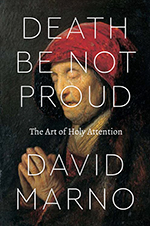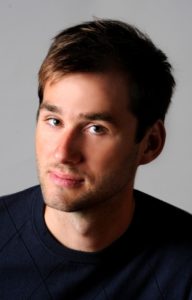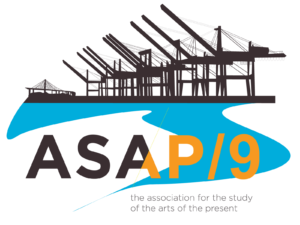STRANGE VERNACULARS
A Colloquium on the UC Berkeley Campus
Thursday, October 4, 4:30-6:30
315 Wheeler Hall (Maude Fife Room)
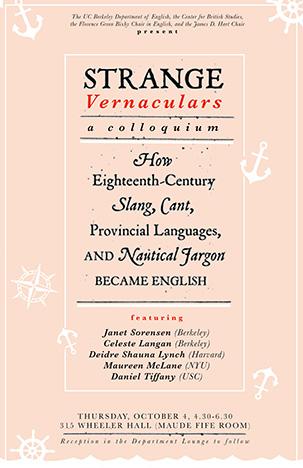
Featuring presentations by Janet Sorensen, Celeste Langan, Deidre Shauna Lynch, Maureen McLane, and Daniel Tiffany
While eighteenth-century efforts to standardize the English language have long been studied—from Samuel Johnson’s Dictionary to grammar and elocution books of the period—less well-known are the era’s popular collections of odd slang, criminal argots, provincial dialects, and nautical jargon. Strange Vernaculars delves into how these published works presented the supposed lexicons of the “common people” and traces the ways these languages, once shunned and associated with outsiders, became objects of fascination in printed glossaries—from The New Canting Dictionary to Francis Grose’s Classical Dictionary of the Vulgar Tongue—and in novels, poems, and songs, including works by Daniel Defoe, John Gay, Samuel Richardson, Robert Burns, and others.
Maureen McLane’s essay Compositionism: Plants, Poetics, Possibilities; or, Two Cheers for Fallacies, Especially Pathetic Ones! appears in our recent Fallacies special issue.

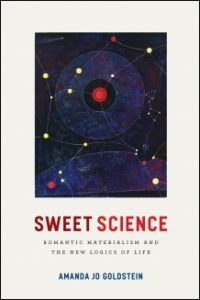 Today we do not expect poems to carry scientifically valid information — but this was not always the case. In Sweet Science: Romantic Materialism and the New Logics of Life (Chicago, 2017), Amanda Jo Goldstein explores how Romantic poetry served as an important tool for scientific inquiry. She argues that the work of authors such as William Blake and Percy Shelley makes a compelling case for poetry’s role in the perception and communication of empirical realities.
Today we do not expect poems to carry scientifically valid information — but this was not always the case. In Sweet Science: Romantic Materialism and the New Logics of Life (Chicago, 2017), Amanda Jo Goldstein explores how Romantic poetry served as an important tool for scientific inquiry. She argues that the work of authors such as William Blake and Percy Shelley makes a compelling case for poetry’s role in the perception and communication of empirical realities.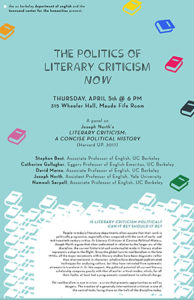 People in today’s literature departments often assume that their work is politically progressive, especially when compared with the work of early- and mid-twentieth-century critics. In Literary Criticism: A Concise Political History, Joseph North argues that when understood in relation to the longer arc of the discipline, the current historicist and contextualist mode in literary studies represents a step lo the Right. Since the global turn to neoliberalism in the late 1970s, all the major movements within literary studies have been diagnostic rather than interventionist in character; scholars have developed sophisticated techniques for analyzing culture, but they have retreated from systematic attempts to transform it. In this respect, the political potential of current literary scholarship compares poorly with that of earlier critical modes, which, for all their faults, at least had a programmatic commitment to cultural change. Yet neoliberalism is now in crisis – a crisis that presents opportunities as well as dangers. The creation of a genuinely interventionist criticism is one of the central tasks facing those on the Left of the discipline today.
People in today’s literature departments often assume that their work is politically progressive, especially when compared with the work of early- and mid-twentieth-century critics. In Literary Criticism: A Concise Political History, Joseph North argues that when understood in relation to the longer arc of the discipline, the current historicist and contextualist mode in literary studies represents a step lo the Right. Since the global turn to neoliberalism in the late 1970s, all the major movements within literary studies have been diagnostic rather than interventionist in character; scholars have developed sophisticated techniques for analyzing culture, but they have retreated from systematic attempts to transform it. In this respect, the political potential of current literary scholarship compares poorly with that of earlier critical modes, which, for all their faults, at least had a programmatic commitment to cultural change. Yet neoliberalism is now in crisis – a crisis that presents opportunities as well as dangers. The creation of a genuinely interventionist criticism is one of the central tasks facing those on the Left of the discipline today.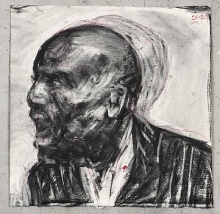

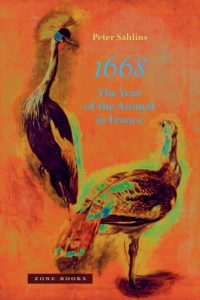
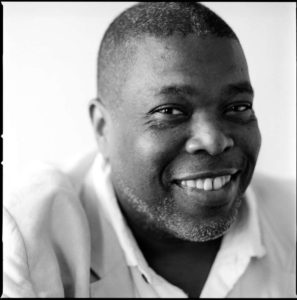 Hear Pulitzer Prize-Winning Writer HILTON ALS
Hear Pulitzer Prize-Winning Writer HILTON ALS
